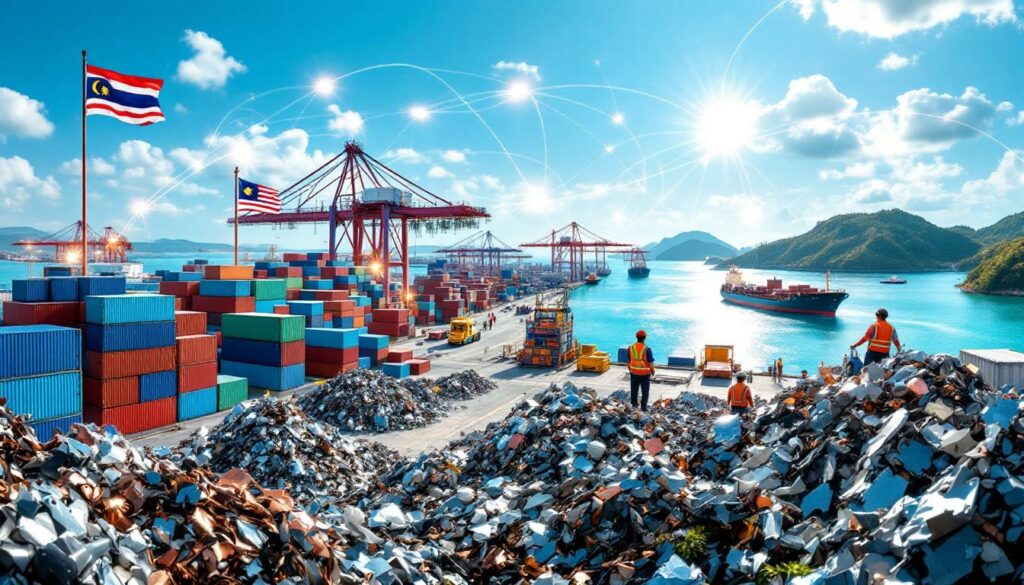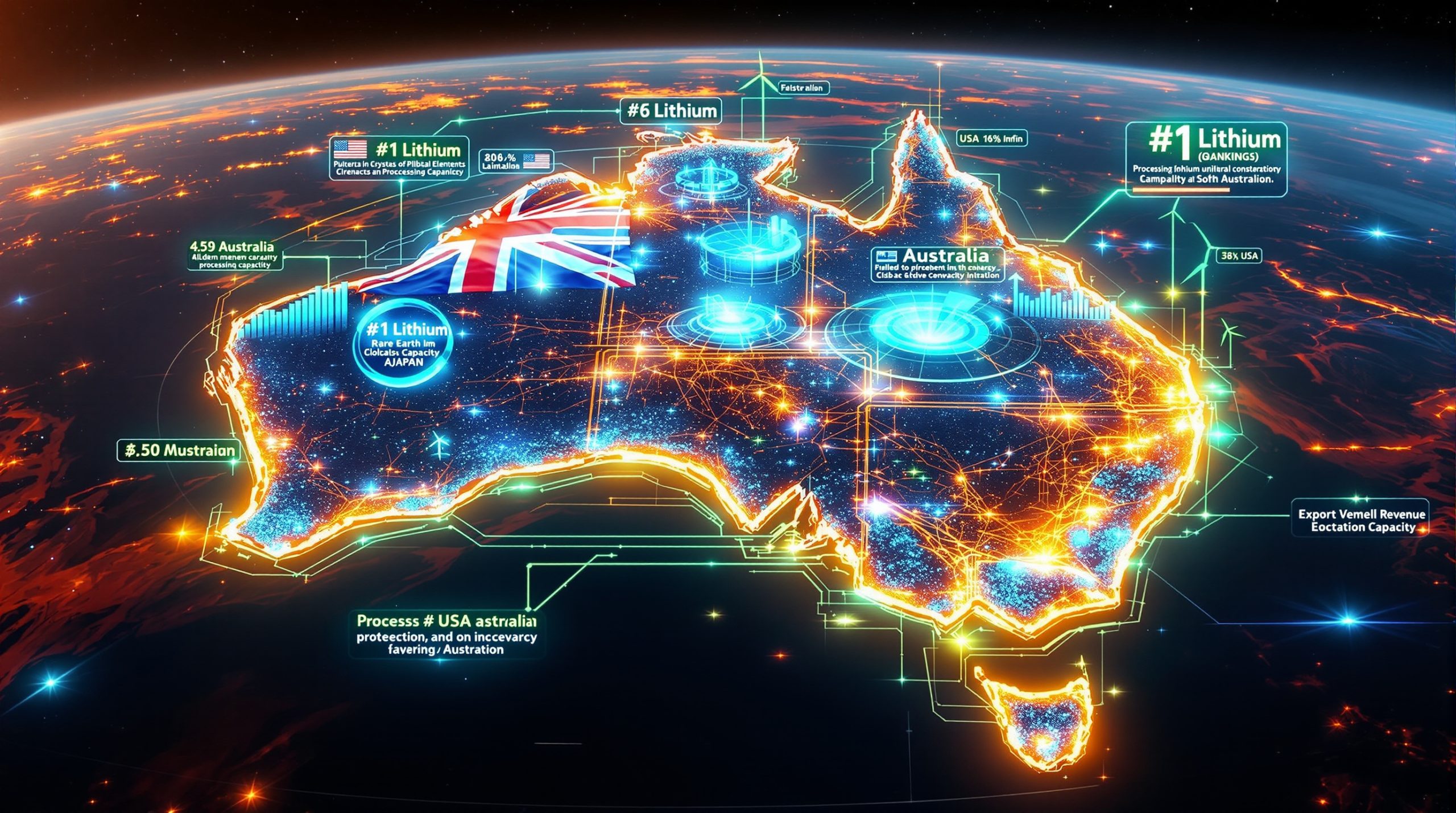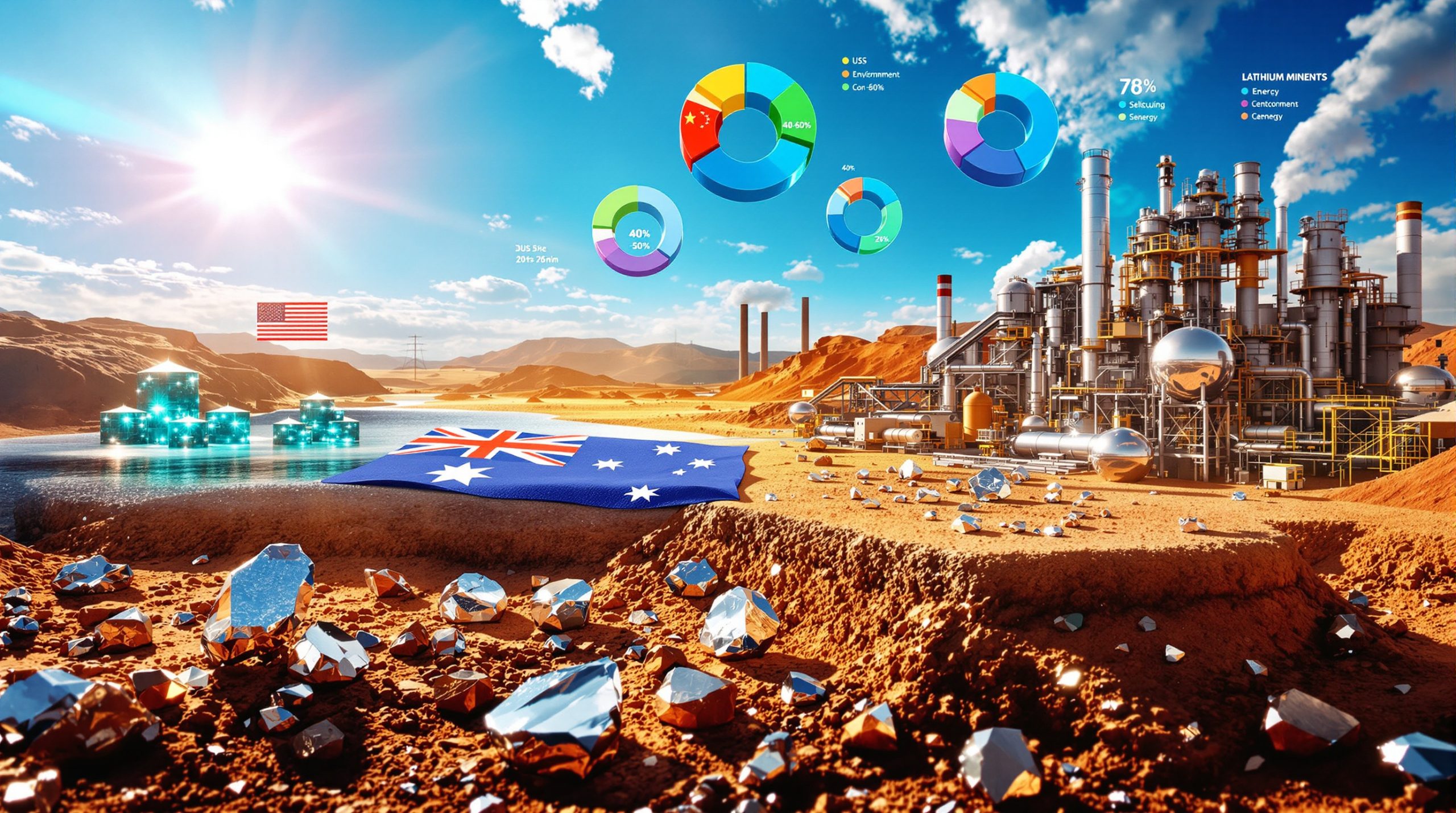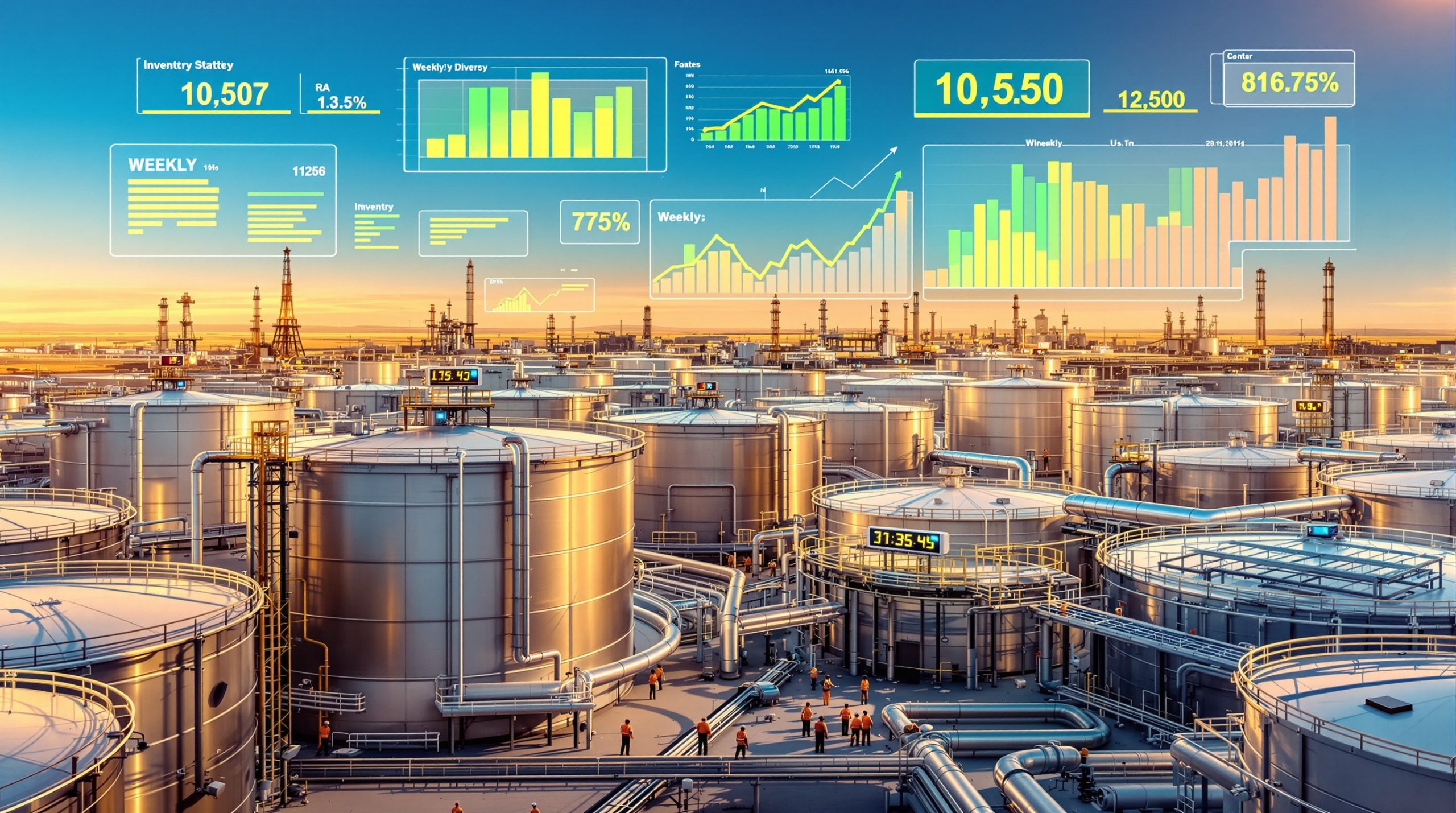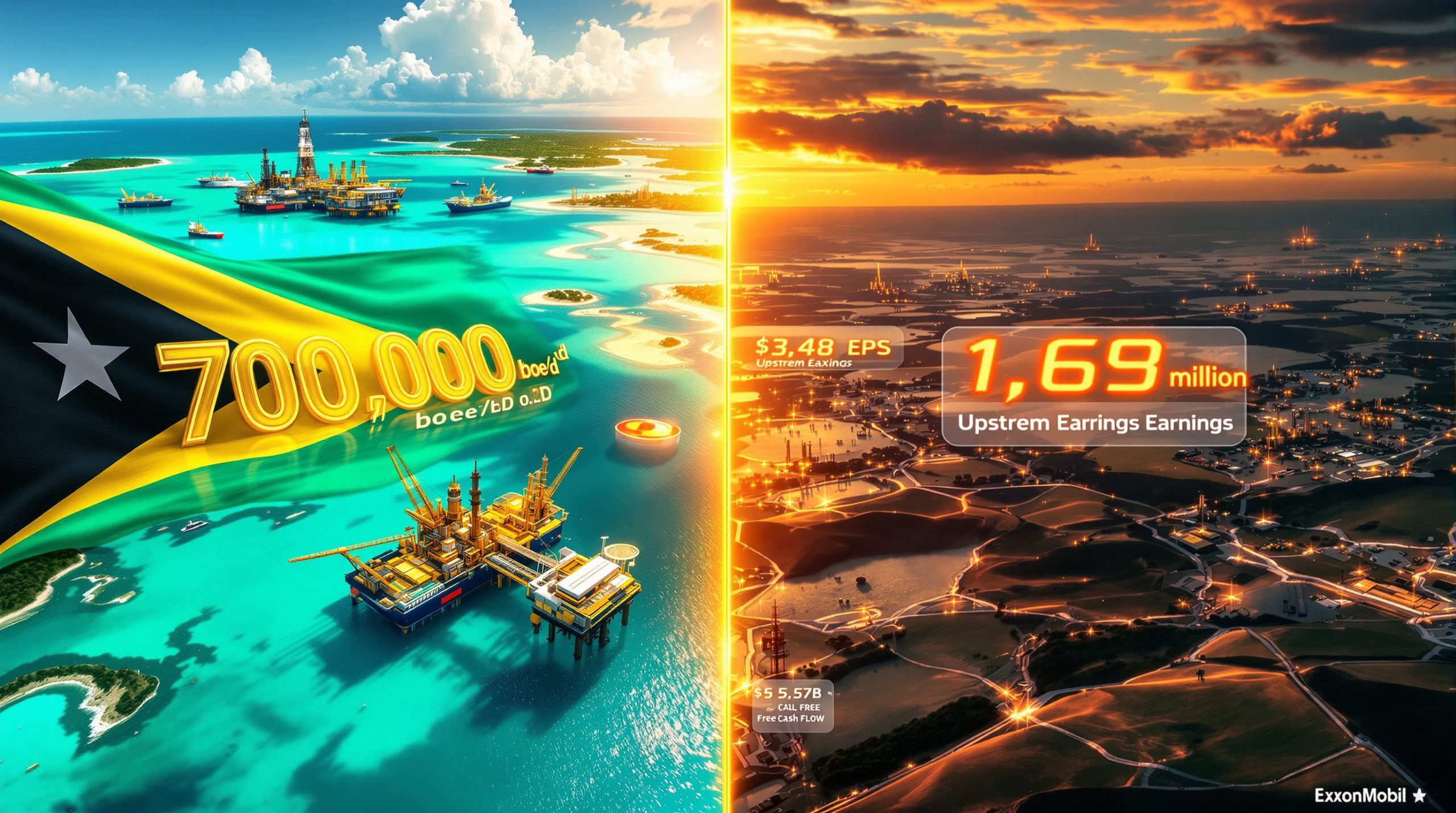Understanding Import Regulations in Southeast Asia: A Comprehensive Guide
As Southeast Asian nations implement increasingly complex import controls on recycled materials, international traders face unprecedented challenges navigating the regulatory landscape. This comprehensive guide examines current restrictions, market impacts, and strategies for compliance across Thailand, Malaysia, Vietnam, and Indonesia—with particular focus on non-ferrous metals and e-waste classifications disrupting established supply chains.
What Are the Current Import Challenges in Southeast Asia?
The Evolving Regulatory Landscape
Southeast Asian nations are implementing increasingly stringent import regulations in Southeast Asia that significantly impact global trade flows, particularly in recycled materials and scrap metals. These regulations aim to balance economic growth with environmental protection but create complex compliance challenges for international traders.
Thai customs authorities have seized at least 16 containers from major scrap suppliers between May-June 2025, according to Fastmarkets data. These seizures, citing e-waste contamination concerns, have created ripple effects throughout supply chains, with shipping disruptions threatening approximately $1.7 billion in raw material flows to Thailand alone.
The Thai Ministry of Industry is actively drafting new e-waste management legislation as of June 2025, creating additional uncertainty for importers. As Robin Weiner, President of the Recycled Materials Association (ReMA), noted during the CMRA Bangkok conference: "Thai authorities have included zorba as well as insulated copper wire and motors in their e-waste definition, despite these materials being classified differently in other jurisdictions."
Key Regional Trade Tensions
Beyond domestic regulatory changes, broader geopolitical tensions directly impact Southeast Asia's role as a processing hub. The uncertainty surrounding tariffs impact markets has forced many suppliers to reconsider traditional trade routes.
Despite a recent 90-day tariff truce, US copper scrap exports to China declined by 65.6% year-over-year in May 2025, reflecting the US‑China trade war impact and anticipated tariffs. Market participants maintain a bearish outlook on copper scrap specifically, with many Chinese buyers expressing reluctance to commit to long-term contracts.
"Whether it will be a baseline 10% or 24% or even 125% tariff, the situation remains the same – it will still be too expensive to import copper scrap from the US," noted Vivian Jiang, a trader at Ningbo Jintian Copper, during a panel discussion at CMRA Bangkok.
Environmental organizations are intensifying monitoring efforts, with the Basel Action Network (BAN) issuing alerts for 219 suspected e-waste containers between May-June 2025, further complicating the regulatory landscape for legitimate recyclers.
How Do Import Regulations Differ Across Southeast Asian Countries?
Thailand's Regulatory Framework
Thailand has significantly intensified scrutiny of imported recycled materials, with particular focus on those potentially classified as e-waste. Recent enforcement actions include:
- Seizure of 10 containers on May 14, 2025
- Additional 6 containers detained on May 20, 2025
- BAN alert warning of 16 more containers scheduled to arrive between late June and July 9, 2025
Thai authorities are specifically targeting what they consider mis-declared Harmonized System (HS) codes and conducting raids on non-compliant scrapyards for violations of waste management solutions. The environmental group EARTH Thailand has actively documented these seizures through social media campaigns since May 2025.
Samarnlak Tanthiku from Thailand's Ministry of Industry confirmed during a June 19 session that the country is drafting comprehensive e-waste management legislation, which will further clarify import requirements for recycled materials.
Malaysia's Import Controls
Similar to Thailand, Malaysia has implemented stringent controls on suspected e-waste imports, with numerous container detentions reported since June 2024. Malaysian authorities are particularly focused on black mass (battery waste) and materials containing potentially hazardous substances.
"Malaysian customs officials are specifically targeting materials with circuit board components, regardless of percentage," explained a US-based exporter who requested anonymity due to ongoing shipment negotiations. "The challenge is that their definition of what constitutes e-waste differs substantially from internationally recognized standards."
Vietnam and Indonesia Regulations
While Vietnam and Indonesia have also strengthened their import regulations for recycled materials, their enforcement approaches differ significantly from Thailand and Malaysia. Indonesia focuses primarily on plastic waste restrictions, while Vietnam maintains more flexible standards for non-ferrous metals with clear documentation.
Regional harmonization efforts are underway through ASEAN, but significant differences in regulatory interpretation and enforcement remain a challenge for traders operating across multiple Southeast Asian markets. According to the ASEAN Brief on import procedures, businesses must navigate country-specific regulatory requirements despite efforts toward standardization.
What Materials Face the Most Significant Import Restrictions?
Aluminum Scrap Challenges
Zorba shipments—mixed metals with high aluminum content—face particularly intense scrutiny across Southeast Asia. Following Thailand's classification of zorba as e-waste, shipping companies have implemented substantial new requirements.
Fastmarkets' weekly price assessment for zorba (98/2, cif Southeast Asia) reached $1,950-2,050 per tonne on June 24, 2025, representing a $50 per tonne increase from the previous week. This price movement directly reflects supply tightness caused by regulatory restrictions.
From June 23, 2025, Maersk now requires both shippers and consignees to submit letters of indemnity 3-5 days before vessel arrival at Laem Chabang Port, along with mandatory container deposit insurance—a requirement that has forced many suppliers to seek alternative shipping routes.
Copper Scrap Regulations
While copper scrap faces fewer direct import restrictions than aluminum, trade flows have been significantly impacted by shifting regulations and tariff concerns. Despite these challenges, Thailand became China's top copper scrap supplier by volume in May 2025, delivering 21,225 tonnes and surpassing both Japan and the US.
"Chinese smelters are hungry for material but supply remains scarce," noted a Beijing-based trader during the CMRA conference. "Some traders have offered up to 98.5% of LME prices for No1 candyberry grade, but they struggle to find willing suppliers due to logistics concerns."
Fastmarkets' monthly assessment for No1 copper material showed prices at 13-17 cents per pound as of May 27, 2025, up 3 cents from the previous assessment—reflecting the premium buyers are willing to pay for reliably delivered material with current copper price insights.
E-Waste Classification Controversies
The classification of certain recycled materials as e-waste has become a major point of contention between regulators and industry participants. US suppliers have expressed particular frustration at what they consider misinterpretations of the Basel Convention amendments that came into effect earlier in 2025.
"Companies spend huge capital to ensure that material is clean and properly classified," explained a US scrap dealer who requested anonymity. "It feels unfair to have shipments banned when they meet internationally recognized standards. Zorba is not classified as Waste Electrical and Electronic Equipment (WEEE) in the EU, yet Thai authorities treat it as e-waste."
Some market participants have questioned the testing methods used by Thai authorities, with one trader noting that "pictures of seized circuit boards appeared staged" during a panel discussion at CMRA Bangkok.
How Are Import Regulations Affecting Market Prices?
Price Impact on Aluminum Scrap
Tightening supply availability has driven prices upward for certain aluminum scrap grades across Southeast Asia. Beyond the zorba price increases mentioned earlier, aluminum scrap in the form of used beverage cans (UBC) was assessed at $1,880-2,000 per tonne on June 24, 2025, widening downward by $20 per tonne from the previous week.
"Thai buyers have been sourcing UBC from the UAE at $2,000-2,020 per tonne, but demand remains constrained by import uncertainties," noted a Bangkok-based trader. This situation has created regional price disparities, with some processors paying premiums to secure material from countries with fewer shipping restrictions.
The price volatility directly correlates with regulatory announcements, with notable spikes following the implementation of Maersk's new documentation requirements and each major container seizure reported by Thai authorities.
Copper Scrap Market Dynamics
Despite regulatory challenges, demand for copper scrap remains strong, particularly from Chinese smelters facing ongoing tightness in copper concentrates. Most smelters continue bidding in the range of 96-97% of LME prices for high-quality material, though US-origin material commands lower prices due to tariff concerns.
"Even primary producers are increasingly looking to incorporate more scrap into their production mix," explained Liu Wei of the China Nonferrous Metals Industry Association (CNIA) during the CMRA conference. "This is driving competition for high-quality secondary materials across all Asian markets."
Regional Price Variations
Regulatory differences across Southeast Asian countries have created significant regional price variations. Indian buyers have been particularly aggressive in purchasing No2 birchcliff copper scrap since removing import duties in February 2025. Indian buyers were reportedly bidding around 94.5-95% of LME prices for US-origin material as of June 2025.
These regional variations create both challenges and opportunities for international traders, with some diverting shipments from Thailand to India or other markets with fewer restrictions, despite potentially lower price points. Many traders are implementing market volatility hedging strategies to manage these price fluctuations.
What Are the Documentation Requirements for Importers?
Essential Import Documentation
Importers must navigate increasingly complex documentation requirements across Southeast Asian countries. Required documents typically include:
- Detailed material composition analyses with laboratory certifications
- Hazardous substance declarations with testing reports
- Proper HS code classifications with supporting documentation
- Import licenses specific to material types and processing capabilities
- Pre-shipment inspection certificates from authorized agencies
Thailand's documentation requirements are particularly stringent, with mandatory letters of indemnity and container deposit insurance for zorba and other mixed metal shipments as of June 23, 2025.
Compliance Verification Processes
Southeast Asian customs authorities are implementing rigorous verification processes that go beyond paperwork review. These include:
- Physical inspections of containers at port of entry
- Laboratory testing for hazardous substances using local protocols
- Verification of proper HS code declarations against actual content
- Audits of importer facilities to confirm processing capabilities
- Documentation of proper waste management practices and environmental permits
"Thai customs officials are particularly focused on ensuring that recyclers have appropriate environmental permits," noted a Bangkok-based compliance consultant. "Approximately 90% of Thai recyclers are Chinese-owned operations, and authorities are scrutinizing their waste management practices closely."
Common Documentation Pitfalls
Importers frequently encounter challenges with mis-declared HS codes, inadequate hazardous substance documentation, and insufficient evidence of processing capabilities. These issues have resulted in shipment seizures, financial penalties, and increased scrutiny of future imports.
"The most common mistake is assuming that documentation requirements are uniform across Southeast Asia," explained a Singapore-based logistics provider. "Each country has unique requirements, and documentation that satisfies Malaysian authorities may be rejected in Thailand."
How Are Global Shipping Companies Responding to Regulatory Changes?
New Shipping Requirements
Major shipping lines are implementing additional requirements for scrap shipments to Southeast Asia. Maersk's new requirements for Thailand shipments—letters of indemnity and container deposit insurance—went into effect on June 23, 2025, causing significant disruption to established trade flows.
While some traders initially reported requirements for substantial per-container deposits (350,000 Thai Baht), Maersk clarified to Fastmarkets that no such deposit is required. However, the insurance requirements still represent a significant cost increase for shippers.
"Maersk has paused shipments of all US-origin recycled materials into Thailand," confirmed Robin Weiner, ReMA President. This pause has forced suppliers to seek alternative shipping partners or routes, often at higher costs.
Shipping Line Policy Adjustments
Beyond Maersk, other shipping companies are reevaluating their policies for carrying recycled materials to Southeast Asian destinations. This has forced suppliers to divert cargoes to alternative ports or re-export shipments entirely.
Market participants express concern that additional shipping lines may implement similar restrictions, potentially affecting billions of dollars worth of raw material flows into the region. As one US exporter noted, "If MSC and other carriers follow Maersk's lead, we'll face a complete disruption of traditional supply chains."
Alternative Routing Strategies
Faced with increasing uncertainty, many suppliers are developing alternative routing strategies, including:
- Diverting shipments to less restrictive ports within Southeast Asia
- Redirecting material flows to the Indian market following duty reductions
- Exploring new processing destinations in South America and the Middle East
- Developing more robust pre-shipment verification processes to reduce rejection risk
"We're seeing a significant increase in shipments to Indian ports," confirmed a Dubai-based trader. "The February 2025 duty reductions combined with Thailand's restrictions have redirected substantial volumes to Mumbai and other Indian ports."
What Are the Best Practices for Navigating Import Regulations?
Regulatory Compliance Strategies
Successful importers are implementing comprehensive compliance strategies, including:
- Maintaining detailed material composition documentation with third-party verification
- Developing relationships with local regulatory authorities through industry associations
- Participating in pre-compliance consultations with customs officials
- Implementing rigorous pre-shipment inspection protocols with photographic evidence
- Staying informed about regulatory developments through specialized legal advisors
ReMA has been particularly active in addressing regulatory challenges, meeting with both the US Commercial Service and Thai Embassy officials to clarify restrictions and advocate for consistent enforcement.
Risk Mitigation Approaches
Effective risk mitigation strategies observed among leading industry participants include:
- Diversifying supplier and customer bases across multiple countries to reduce single-market exposure
- Developing contingency plans for shipment rejections or delays, including alternative destinations
- Investing in advanced sorting and processing technologies to ensure material purity
- Maintaining transparent communication with regulatory authorities about shipment contents
- Collaborating with industry peers on compliance best practices through associations
"The companies succeeding in this environment maintain flexibility," noted Arnaud Brunet, Director General of the Bureau of International Recycling (BIR). "When there is uncertainty, you cannot make long-term decisions…trade regulations in general are forms of backdoor protectionism."
Successful Case Studies
Companies that have successfully navigated the changing regulatory landscape typically demonstrate:
- Proactive engagement with regulatory authorities before shipments arrive
- Investment in advanced processing technologies that exceed minimum requirements
- Strong relationships with shipping and logistics partners for contingency planning
- Comprehensive understanding of material composition through advanced testing
- Ability to quickly adapt processing methods to changing regulatory interpretations
A notable example is a Thailand-based processor that invested in X-ray fluorescence technology to provide real-time material composition analysis during customs inspections, significantly reducing rejection rates compared to competitors.
How Is the Industry Adapting to Regulatory Challenges?
Technological Innovations
The recycling industry is increasingly investing in advanced technologies to meet stricter import standards, including:
- Automated sorting systems with artificial intelligence capabilities to identify contaminants
- Enhanced material characterization equipment for precise composition analysis
- Improved processing methods to reduce hazardous substance levels
- Digital tracking and documentation systems for regulatory compliance
- Remote inspection technologies to facilitate pre-shipment verification
"Technology investment is no longer optional," explained a US-based equipment supplier at CMRA Bangkok. "Processors who invest in advanced sorting and testing equipment are seeing dramatically lower rejection rates at customs."
Industry Collaboration Initiatives
Industry associations are working to address regulatory challenges through coordinated efforts:
- ReMA's engagement with Thai authorities to clarify zorba classification
- BIR's advocacy for consistent application of Basel Convention amendments
- CNIA's promotion of Wang Jiwei's four-prong approach: global cooperation, mutual benefit, standards recognition, and innovation
- Development of industry standards for testing and documentation
- Education programs for processors about evolving compliance requirements
Wang Jiwei's approach, presented at CMRA Bangkok, emphasizes the need for global cooperation and mutual recognition of standards to overcome regulatory barriers—a framework gaining traction among industry leaders.
Supply Chain Restructuring
The industry is undergoing significant supply chain restructuring in response to regulatory challenges:
- Chinese companies increasingly offshoring their scrap processing capabilities to Southeast Asia
- Southeast Asian processors becoming more selective about material sources and quality
- Indian market emergence following February 2025 duty reductions
- Processing capabilities expanding in South America and Middle East
- Development of domestic collection systems to reduce import dependence
"It's not just the secondary smelters looking for scrap—primary producers are also increasingly incorporating recycled content," noted Liu Wei of CNIA, highlighting how market dynamics extend beyond traditional recycling channels.
What Is the Future Outlook for Southeast Asian Import Regulations?
Anticipated Regulatory Developments
Industry experts anticipate continued evolution of import regulations across Southeast Asia, with:
- Greater harmonization of standards across ASEAN countries through regional agreements
- Increased focus on environmental protection with stricter emissions standards
- More sophisticated testing and verification methods for hazardous substances
- Development of extended producer responsibility systems for electronics
- Potential implementation of blockchain-based verification for material traceability
Thailand's draft e-waste management legislation, expected to be finalized by late 2025, will likely set precedents for other Southeast Asian nations seeking to balance environmental protection with raw material needs
Ready to Seize the Next Major Mineral Discovery?
Stay ahead of the market with Discovery Alert's proprietary Discovery IQ model that instantly notifies investors of significant ASX mineral discoveries, turning complex data into actionable insights. Explore why historic discoveries generate substantial returns by visiting Discovery Alert's dedicated discoveries page and begin your 30-day free trial today.
